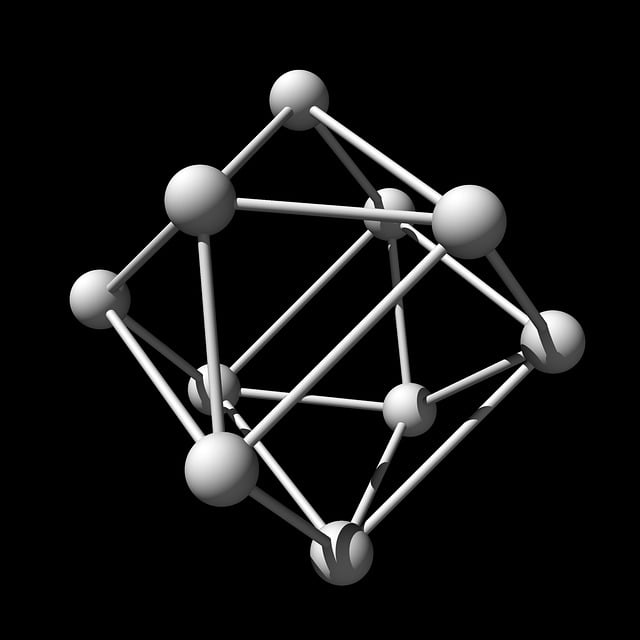Athletic recovery involves physical, mental, and emotional restoration for athletes to maintain performance and prevent injuries. While kratom is popular for its potential pain and inflammation management, research on its effectiveness is limited. Contrary to the misconception that kratom causes hair loss, studies show its effects are localized to the central nervous system and gastrointestinal tract, with no significant impact on hormonal regulation affecting hair follicles. Users report improved well-being, including energy levels and sleep patterns, when incorporating kratom into post-workout recovery routines.
“Enhance athletic performance and recovery with the power of nature. This article explores an innovative approach to post-workout recovery through kratom coaching, a natural herb gaining traction in sports circles. We delve into the science behind athletic recovery, its common barriers, and how kratom can provide a safe solution. By addressing prevalent concerns, such as its impact on hair loss, this guide offers insights for athletes seeking natural ways to optimize their post-workout regimen.”
- Understanding Athletic Recovery and Its Barriers
- Exploring Kratom: A Natural Solution for Recovery
- Unraveling the Myth: Why Doesn't Kratom Cause Hair Loss?
Understanding Athletic Recovery and Its Barriers
Athletic recovery goes beyond just rest; it’s a complex process involving physical, mental, and emotional rejuvenation. For athletes, efficient recovery is key to maintaining performance, preventing injuries, and enhancing overall well-being. However, various barriers can hinder this process, such as chronic inflammation, muscle soreness, stress, and inadequate sleep—all of which are common after intense workouts or competitive events.
While kratom is sometimes touted for its potential benefits in recovery, it’s essential to understand that research on its effectiveness remains limited. Contrary to some claims, kratom does not inherently cause hair loss; this misconception likely arises from confounding factors rather than direct effects of the plant. Nevertheless, athletes considering kratom coaching should be aware that its use can interact with other factors affecting recovery, such as sleep patterns and stress management, which may, in turn, influence overall health and appearance.
Exploring Kratom: A Natural Solution for Recovery
Kratom, derived from the Mitragyna speciosa plant, has gained attention in the athletic recovery realm as a natural solution for managing pain and inflammation. This ancient herb, commonly used in Southeast Asia, offers various compounds that interact with opioid receptors in the body, providing analgesic and relaxing effects. For athletes, kratom coaching can be a game-changer, helping them optimize post-workout recovery and alleviate muscle soreness.
Contrary to some concerns, including the misconception that it causes hair loss, kratom’s impact on hair health is not substantiated by scientific evidence. In fact, many users report improved overall well-being, including enhanced energy levels and better sleep patterns, which are vital for optimal athletic performance. Exploring kratom as a recovery tool can be beneficial, allowing athletes to take charge of their post-workout experiences while navigating a holistic approach to wellness.
Unraveling the Myth: Why Doesn't Kratom Cause Hair Loss?
Kratom, a natural herb known for its pain-relieving and energy-boosting properties, has been a subject of debate in athletic circles due to misconceptions about its potential side effects. One such concern that often arises is the myth that kratom causes hair loss. However, upon closer examination, there is no substantial evidence to support this claim.
The idea that kratom leads to hair loss stems from the herb’s ability to bind to opioid receptors in the body. This interaction can potentially disrupt hormonal balance, which, in turn, might affect hair follicles. But numerous studies have shown that kratom’s effects are predominantly localized to the central nervous system and gastrointestinal tract, with minimal impact on hormonal regulation. Moreover, users report no significant changes in hair growth or loss when incorporating kratom into their post-workout recovery routines. Therefore, it is safe to say that the fear of kratom causing hair loss is largely unfounded.
Kratom emerges as a promising natural solution for athletic recovery, offering benefits beyond traditional methods. By understanding its role in mitigating inflammation and pain, athletes can optimize their post-workout routines. Moreover, dispelling the myth that kratom causes hair loss opens new avenues for its safe and effective use. As research continues to uncover kratom’s potential, incorporating it into coaching strategies may revolutionize athletic recovery, ensuring athletes perform at their peak while maintaining overall health.














